A gap year is a break taken by students or young adults, typically after high school or before college, to engage in meaningful experiences such as travel, volunteer work, internships, or personal development activities.
Anyone seeking personal growth, cultural immersion, career exploration, or a break from traditional education can benefit from a gap year. It’s a flexible option for individuals looking to broaden their horizons and gain valuable life experiences.
Gap years can vary in duration, but they typically last from a few months to a year. The length depends on your goals, budget, and the opportunities you wish to pursue during this time.
A gap year offers numerous benefits, including increased self-awareness, cultural understanding, improved problem-solving skills, independence, career clarity, and the opportunity to develop new interests and perspectives.
If you plan to take a gap year, it’s advisable to apply to college during your senior year of high school. Once accepted, you can request a deferral from the college to postpone your enrollment for a year or reapply the following year as well.
No, colleges often view gap years positively. It can enhance your college application and provide valuable experiences that make you a more well-rounded and mature candidate.
The cost of a gap year varies depending on the activities you choose, the destinations, and the duration. It can range from affordable options like volunteering or working to more expensive experiences such as traveling abroad or participating in structured programs.
Benefits include personal growth, increased self-confidence, enhanced global awareness, improved cultural competency, career exploration, skill development, and the opportunity to build a unique and diverse resume.
Consider your personal goals, interests, and motivations. Reflect on whether you desire experiential learning, want to gain independence, or are seeking a break from formal education. Research gap year options and speak to individuals who have taken a gap year to make an informed decision.
Start by identifying your goals and interests. Research potential activities or programs that align with your objectives. Consider logistics such as finances, visas, and safety. Create a timeline, and budget, and make necessary arrangements for accommodations, travel, and any necessary documentation.


We provide counseling for students and families that are interested in taking a gap year. This process can be overwhelming and complicated, but we aim to take that stress off of you so you can focus on your goals, and we will customize it for you!